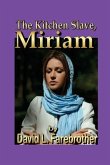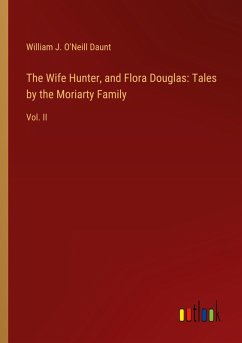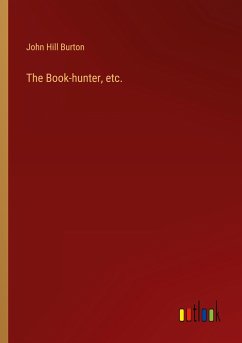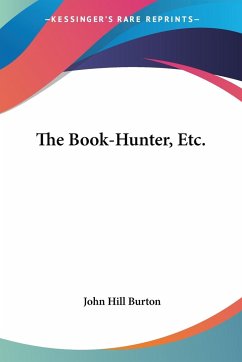The short story has taken its place in literature as a distinct genre and can encompass parable, myth, folktale and anecdote. It often speaks simply of important things or, conversely, reveals importance in trivia. Frank O'Connor, an Irish writer of over 150 works, best known for his short stories and memoirs, and whose name is commemorate in the O'Connor International Short Story Award, observed that the short story has never had a hero. This has particular relevance to the short story in South Africa, according to Jean Marquard1, where many of these describe the 'unremarkable struggles of people in a harsh and bureaucratic society.' She goes on to write: 'The reasons for this are historical just as much as they are artistic, since English-speaking South Africa is quintessentially a society without heroes.' The short story writer may not consciously choose his audience - he may be writing for himself or, like Horace, for posterity. His attitude to his reader may be one of condescension or even hostility. He may assume his reader has a liberal education, a sense of humour or, in general terms, someone who is merely seeking entertainment and possibly enlightenment. As a writer of mainly South African non-fiction historical works, my intention with this volume of short stories is to portray something of the life and times of ordinary people in the Cape and beyond; how they coped with the often harsh conditions of their day, and how the events of that time have with some relevance to present-day challenges.
Hinweis: Dieser Artikel kann nur an eine deutsche Lieferadresse ausgeliefert werden.
Hinweis: Dieser Artikel kann nur an eine deutsche Lieferadresse ausgeliefert werden.

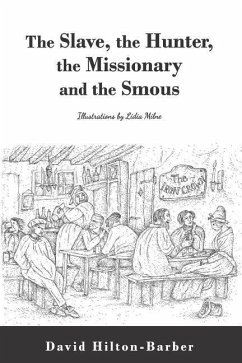
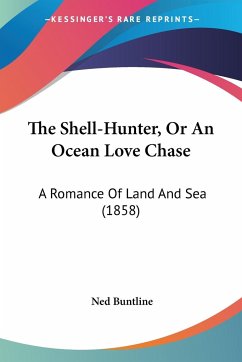
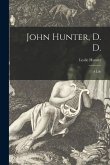
![Our Missionary Revival [microform]: a Paper Read at the Second Annual Meeting of the Canada Congregational Woman's Board of Missions, Montreal, June 1 Our Missionary Revival [microform]: a Paper Read at the Second Annual Meeting of the Canada Congregational Woman's Board of Missions, Montreal, June 1](https://bilder.buecher.de/produkte/66/66113/66113806m.jpg)
